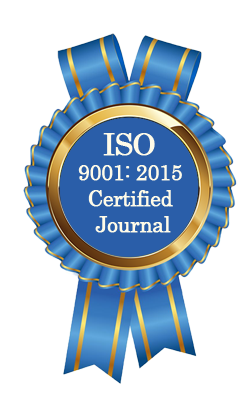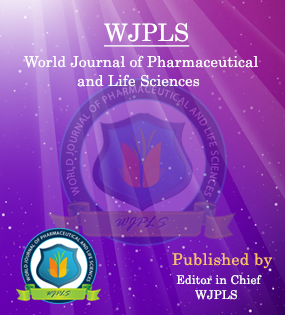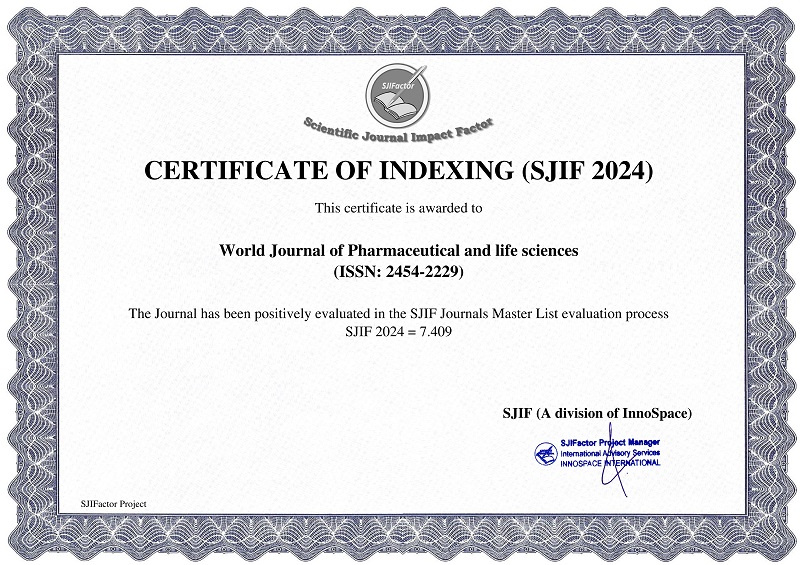Abstract
CLINICAL EPIDEMIOLOGY OF GASTROESOPHAGEAL REFLUX DISEASE (GERD)
Shoaib Akhtar Hossain*, Dr. Sattwik Das and Dr. Beduin Mahanti
ABSTRACT
Gastroesophageal reflux Disease (GERD) is a particular clinical element characterized by the event of gastroesophageal reflux through the lower esophageal sphincter (LES) into the esophagus or oropharynx to cause indications, injury to esophageal tissue, or both. The pathophysiology of GERD is perplexing and not totally comprehended. A strange LES pressure and expanded reflux during transient LES relaxations are accepted to be key etiologic elements. GER represents with regurgitation and occasional vomiting. Indigestion and acidity disgorging are the most basic manifestations of GERD, but pathologic reflux can bring about a wide assortment of clinical introductions. GERD is typically chronic, and keeping in mind that it is for the most part nonprogressive, a few cases are related with advancement of entanglements of expanding seriousness and importance.
[Full Text Article] [Download Certificate]WJPLS CITATION 
| All | Since 2020 | |
| Citation | 590 | 424 |
| h-index | 12 | 10 |
| i10-index | 17 | 14 |
INDEXING
NEWS & UPDATION
BEST ARTICLE AWARDS
World Journal of Pharmaceutical and life sciences is giving Best Article Award in every Issue for Best Article and Issue Certificate of Appreciation to the Authors to promote research activity of scholar.
Best Article of current issue
Download Article : Click here





